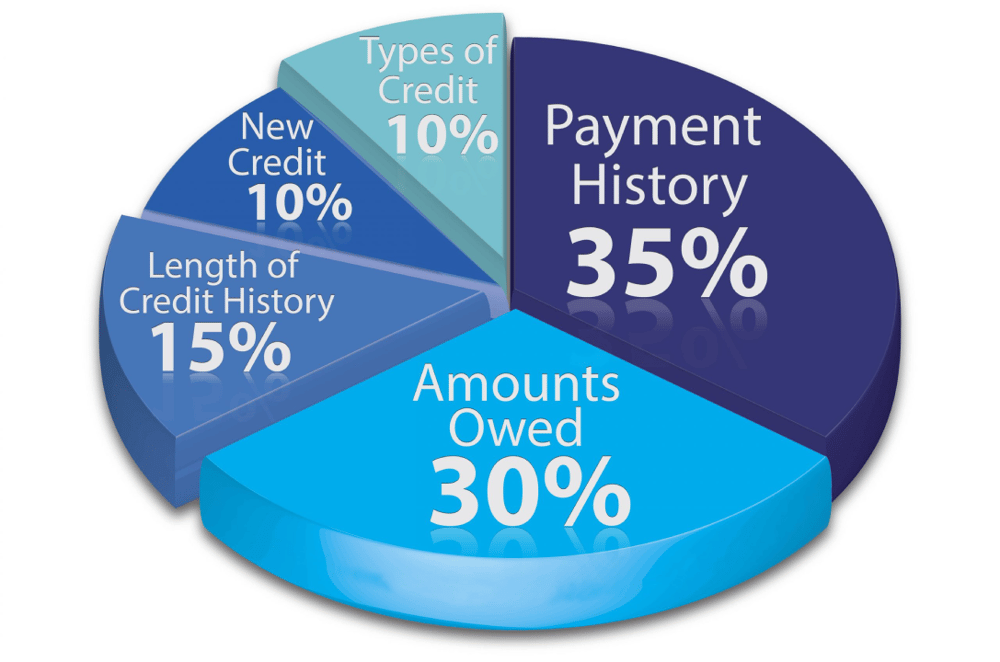Provocative and controversial—could genomic data one day influence your insurance premiums or loan eligibility? A futuristic dive into bio-fintech convergence.
DNA-Based Credit Scoring: The Ethical Frontier of Bio-Fintech
Written by Sumit Kaushik

Picture asking for a mortgage—and in addition to looking at your income and credit report, the lender looks at your DNA, too. Science fiction, right? Wrong. As biotech and financial tech (fintech) blend more and more, a thought-provoking new idea is making headlines: DNA credit scores.
This contentious frontier of bio-fintech probes the possibilities of employing genomic information to someday evaluate financial risk, forecast life expectancy, and shape everything from insurance premiums to loan acceptance. But is the world prepared for it?
What Is DNA-Based Credit Scoring?
Fundamentally, DNA-based credit scoring is the hypothetical application of genomic data—like susceptibility to illnesses, behavioral characteristics, or estimates of longevity—to forecast financial soundness or insurance danger.
It's a concept founded on three pillars of the modern age:
- AI in Genomics: Algorithms are now able to scan billions of genetic markers to identify risk patterns.
- Predictive Finance: Financial models are becoming more behavioral and biometric.
- Personalized Everything: From medicine to marketing, hyper-personalization is the new standard.
In this regard, fintech companies and insurers may one day wonder: If we can predict your health trajectory, can we predict your financial risk as well?
The Science Behind the Idea
Genomics has shown associations among genetic markers and behavioral characteristics such as impulsivity, risk taking, even attention span—all which can influence money habits.
Individuals with genetic risk for chronic illness might become viewed as a higher risk on long-term borrowing or health coverage.
Individuals with genes that have been associated with impulsiveness might be highlighted as high-risk consumers (hypothetically).
Longevity predictors might influence life insurance rates—or even retirement product solicitations.
Although most of these correlations are probabilistic (not deterministic), they paint a tempting picture for data-hungry fintech companies and insurers looking for better prediction tools.
How Could FinTech Use This?
Creditworthiness Assessment: In addition to your credit score, DNA may be used to enhance current models—particularly in micro-lending or markets with sparse credit files.
Insurance Underwriting: Life and health insurers might charge premiums according to anticipated disease risk, as they now do according to family history or smoking status
Longevity-Linked Products: Pension and retirement plans could provide individualized policies according to your rate of biological aging—not merely your chronological age.
Risk-Based Pricing in Loans: In theory, your risk profile could someday include genomic "volatility"—a combination of health risk and behavioral tendencies.
The Ethical Time Bomb
Here's where the innovation meets the minefield.
Discrimination Risk: Would people be denied loans or charged more because of their DNA? Inherited markers for race or disability, anyone?
Data Privacy and Consent: Who owns your genomic information? And what if fintech companies pass it on to third parties or use it outside your permissions?
Legal and Regulatory Vacuums
Most nations have no clear laws regarding the financial application of genetic information. In the United States, GINA (Genetic Information Nondiscrimination Act) covers health insurance—but not life insurance or lending.
Pilot Cases & Global Reactions
In China, there are indications of AI-driven health monitoring systems in credit assessments, although not directly DNA-based (yet).
In the US, some insurers are providing rewards to customers who submit fitness or biometric data—where exactly the line gets drawn is in question.
New startups such as Helix and 23andMe are more and more aligning with health and insurance companies to include DNA data in consumer profiles.
The Road Ahead: Innovation or Invasion?
DNA-based credit scoring is not yet mainstream. But as fintech continues to become bio-fintech, the controversy will grow:
Will genomic know-how make financial systems more tailored and predictive?
Or will it usher in a new wave of genetic discrimination and inequality?
"Your genes shouldn't decide your financial fate—but without ethical guardrails, they just might."
Final Thoughts: Technology With a Soul
In an era where your voice can unlock your phone and your watch can detect heart attacks, it's not far-fetched that your DNA could one day be used in your financial life. But the question isn't really about what can be done—it's about what is right. The future of fintech needs to be constructed not only on data, but on dignity, consent, and equity.